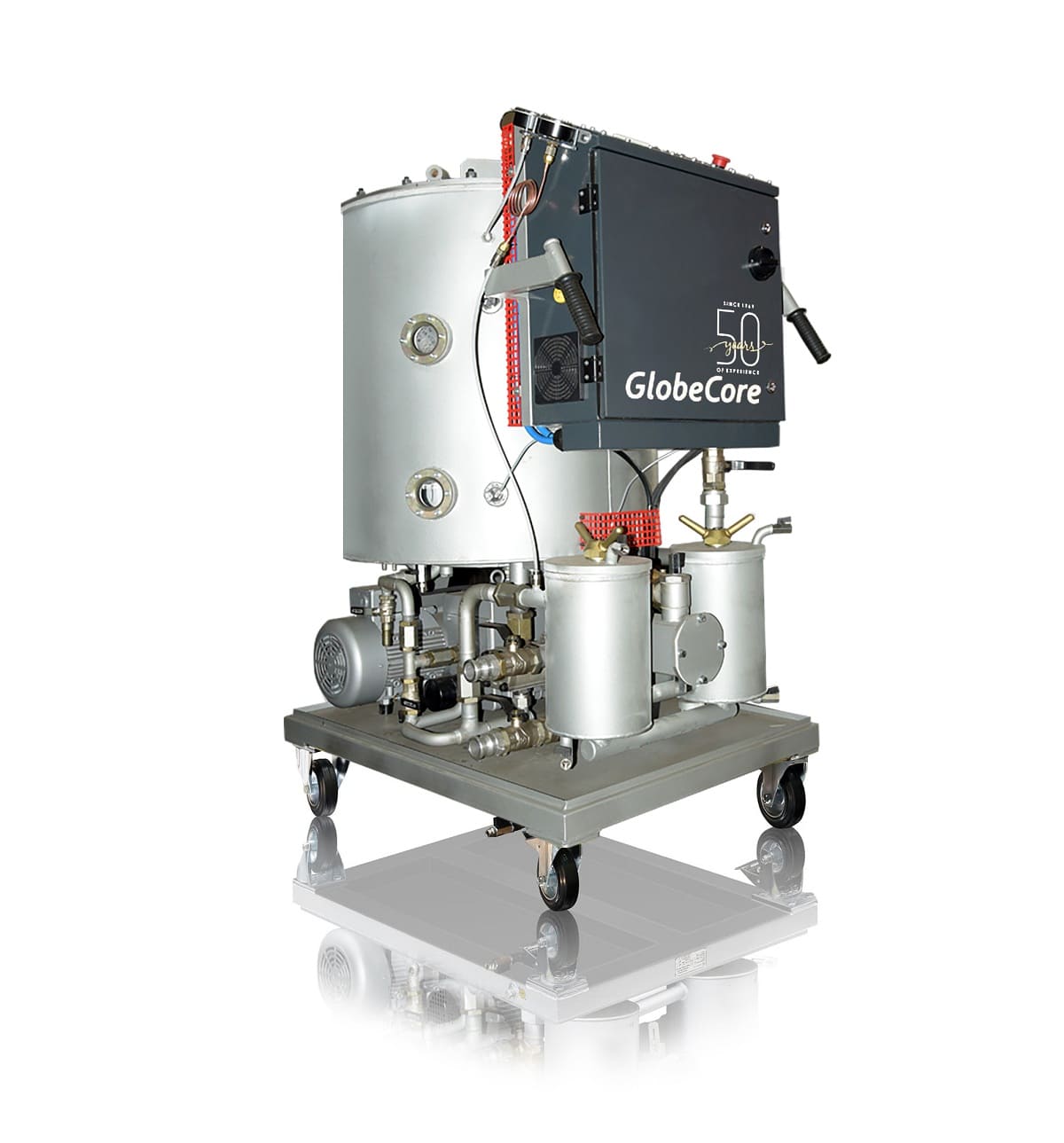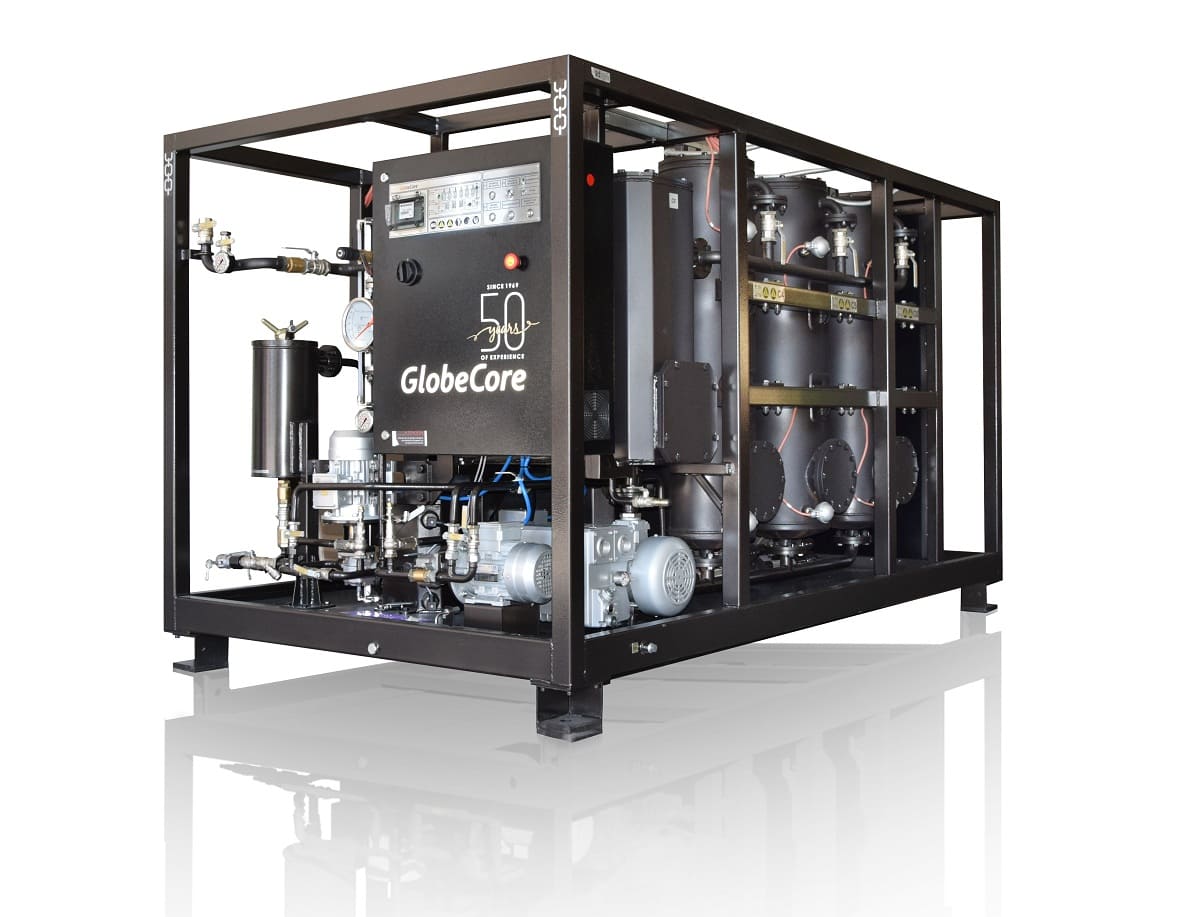Hydraulic oil purification
What impact do Hydraulic Oil Contaminant Levels have on hydraulic equipment reliability?
- This topic has 1 reply, 2 voices, and was last updated 1 year, 5 months ago by .
Answers
-
October 4, 2024 at 3:26 pm by Nancy Harris
Hydraulic Oil Contaminant Levels have a significant impact on the reliability and performance of hydraulic equipment. High levels of contaminants such as dirt, metal particles, water, and sludge can lead to various issues within the hydraulic system. Particulate contaminants cause abrasive wear on moving components like pumps, valves, and actuators, leading to increased friction, reduced efficiency, and premature failure of these parts. Water contamination decreases the oil’s dielectric strength, increasing the risk of electrical discharges and corrosion of metal surfaces. Sludge and acidic byproducts from oil degradation can clog filters, degrade seals, and corrode internal components, further compromising system integrity. Elevated contaminant levels also result in inconsistent lubrication, causing uneven wear and potential blockages in narrow passages. This degradation in oil quality reduces the overall efficiency of the hydraulic system, leading to increased energy consumption, overheating, and frequent maintenance requirements. Maintaining low contaminant levels through effective filtration and purification is therefore crucial for ensuring the reliability, longevity, and optimal performance of hydraulic equipment.



